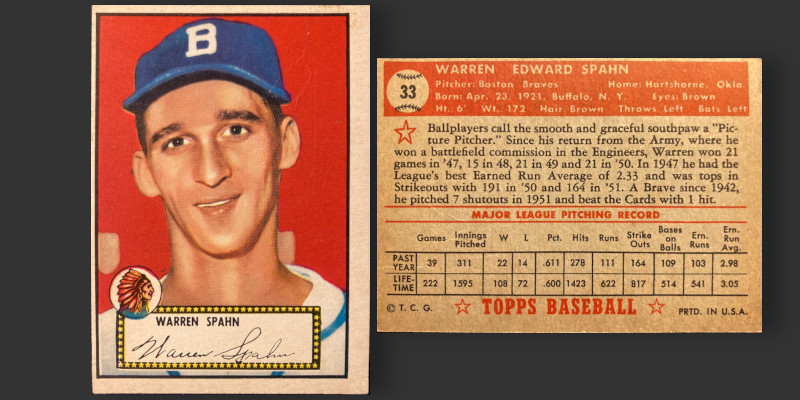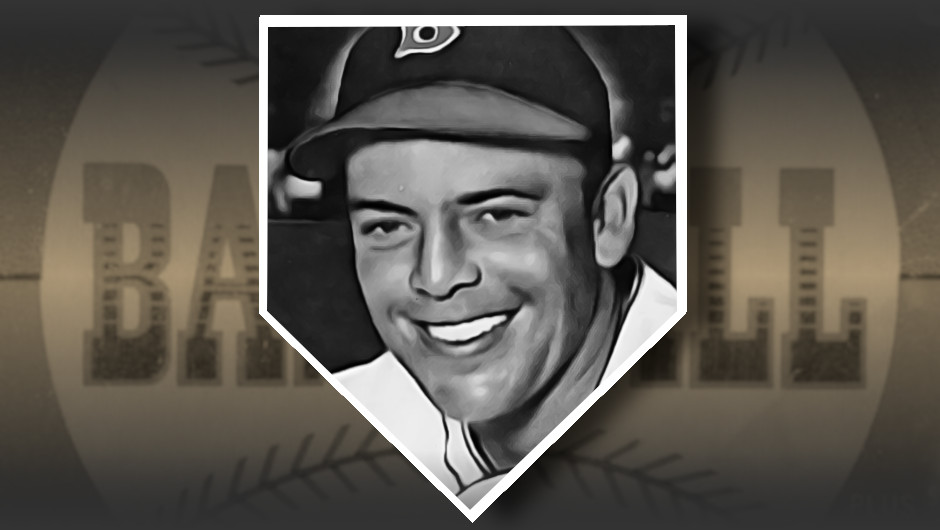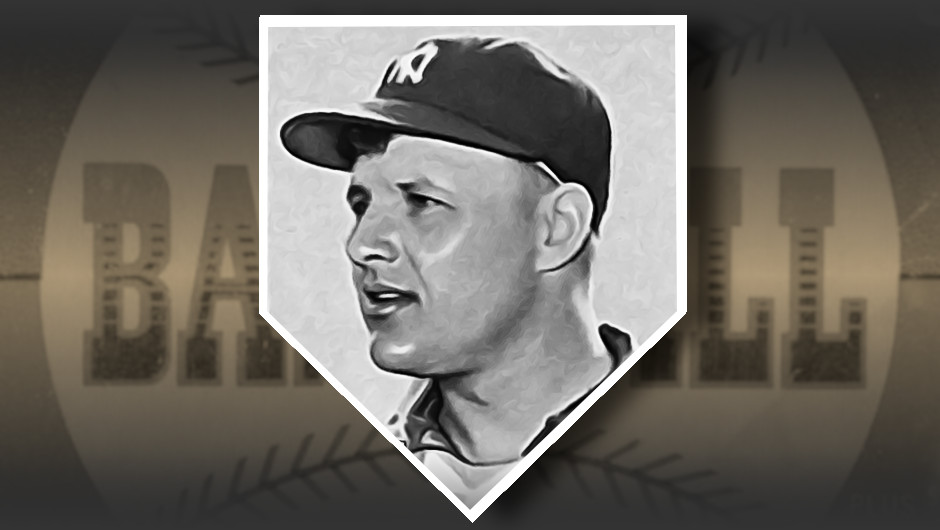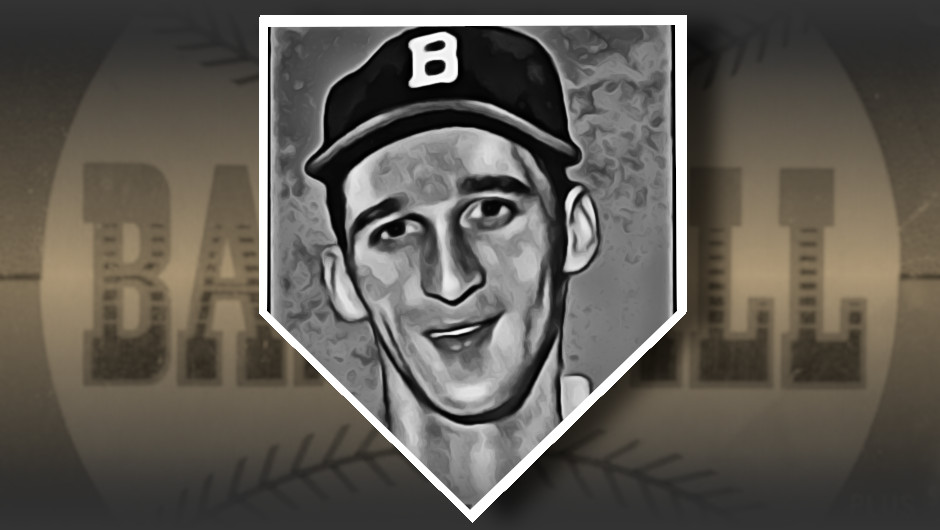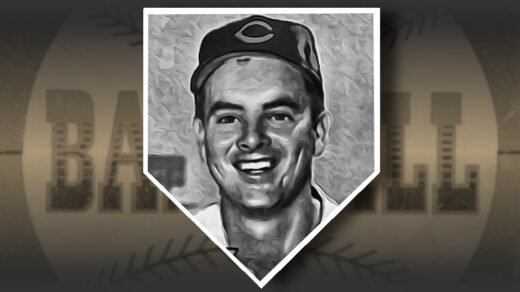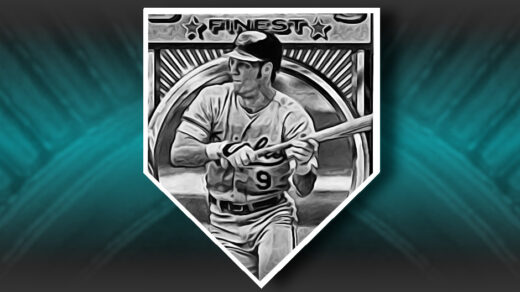I saw Warren Spahn in person when he was an old man in the 1990s. He was attending the grand opening of a Value City Furniture store and signing autographs. I duly waited in line, clutching a beat up 1948 Bowman and wondering how he would fit his signature on such a small card. A store attendant ended the adventure, informing me that only the first few people inside the store would be allowed to obtain an autograph due to time constraints. I stepped back and watched Spahn pose for pictures and sign cards. As a kid I thought he looked ancient.
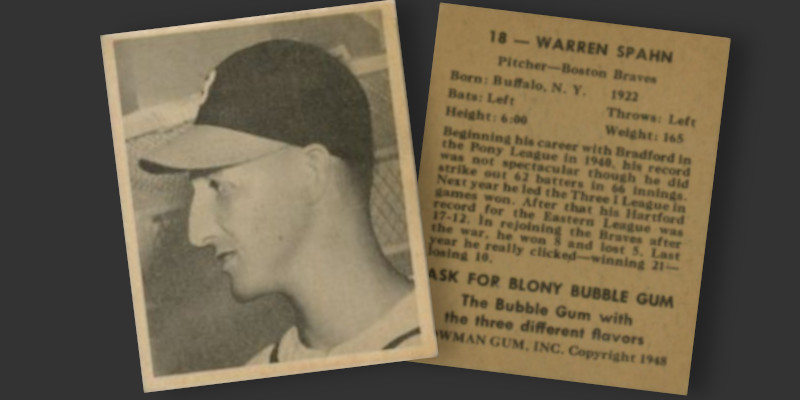
Spahn was always a good pitcher, but it was his seeming invincibility against time that gave him his place in baseball lore. He is 8th in all-time innings pitched and averaged 7 per game despite some work as an occasional reliever. He pitched in an era when workloads were still heavy but noticeably lighter than the complete game expectation that accompanied pitching in the deadball era. Given how well his arm held up he probably would have fared well in the era of Cy Young. Spahn himself was honored with the second ever Cy Young award in 1957 and remains the all-time leader for All-Star Game pitching selections.
Spahn’s most famous game serves to underscore his pitching endurance. In 1963 he became embroiled in a pitching duel with future Hall of Famer Juan Marichal. Both pitchers threw complete games in the 1-0 affair. The amazing part of this performance? The game lasted 16 innings.
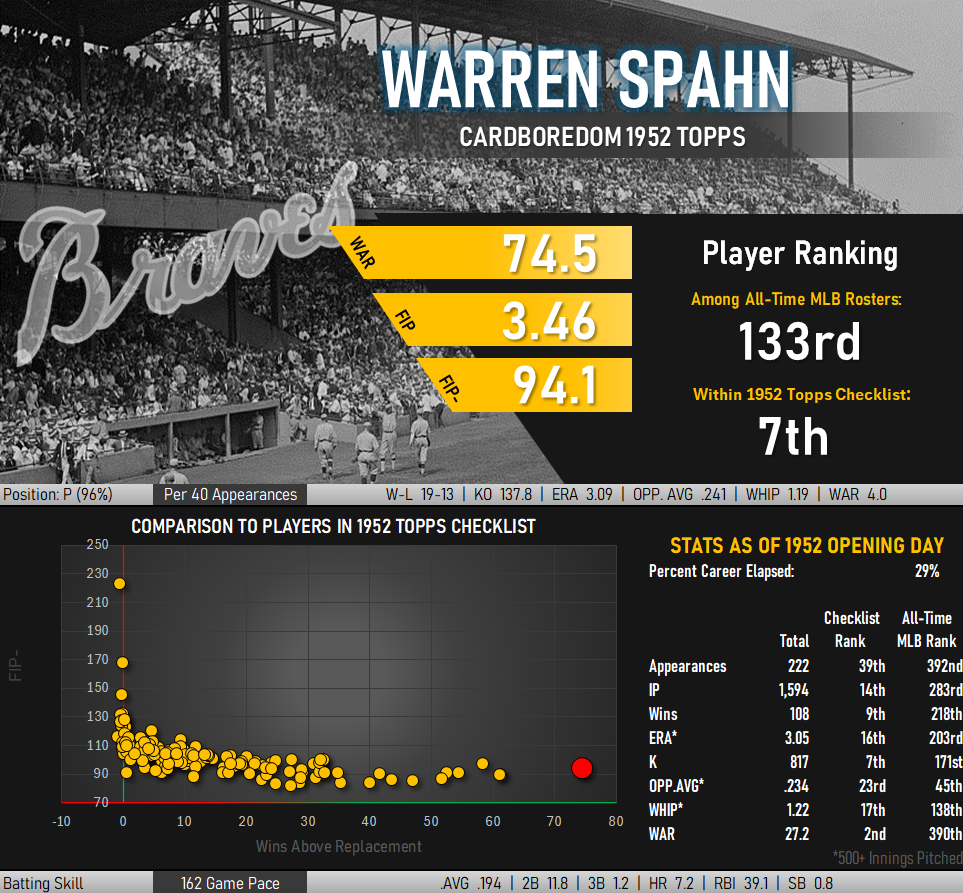
Spahn is an interesting case when it comes to guessing about missed playing time. While he stayed healthy for much of his career, he missed several prime seasons as an Army Combat Engineer in WW2. 400 career wins and 3,000 strikeouts are very much plausible given the time lost. Spahn himself was cognizant of these milestones, though he remained thoughtful in his approach. While many speculate about added laurels to his baseball resume, Spahn readily added the time away from the game may have been what gave his arm longevity to produce such a career in the first place.
One more factor makes Spahn a personal favorite of mine. He was benched and sent down to to the minor leagues by Braves manager Casey Stengel for refusing to bean Pee Wee Reese in an exhibition game. Guys who refuse to take part in idiotic parts of the game like hitting batters or engaging in bench clearing brawls automatically get my vote. One of the best parts was that Spahn never let Stengel forget his misjudgment after the pair reunited on the New York Mets in the 1960s.
I pitched for Casey Stengel before and after he was a genius.
Warren Spahn
THE CARD
Already established as a star player, Spahn was one of the key cards issued in the plentiful first series of 1952 Topps. This card looks pretty good at first glance. The centering is noticeably off (matching his reset broken nose) and a small crease feathers its way down from the upper right corner. The photo artist coloring the portrait took some liberties with Spahn’s cap, making it solid blue instead of leaving a red bill. The piping on his jersey is also done in Brooklyn colors rather than the red trim usually seen on Braves uniforms. I have yet to figure out what the photo background represents, other than knowing the same red and white abstract design appears on several other cards in the set.
